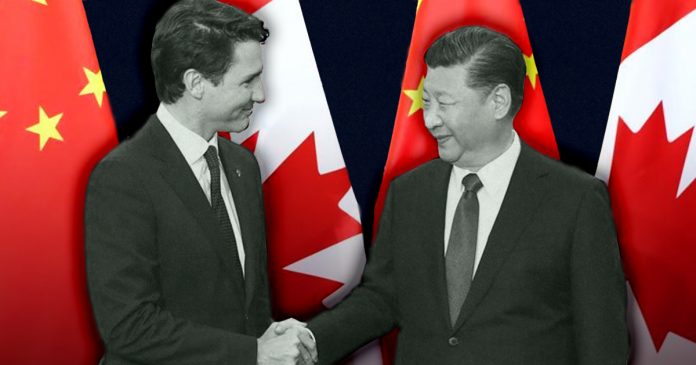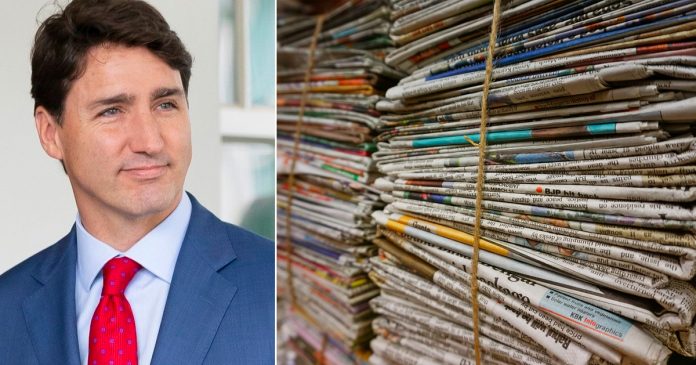A fully vaccinated woman who was fined and ordered into quarantine this summer for not using the ArriveCAN app is now suing the federal Liberal government.
The Justice Centre for Constitutional Freedoms (JCCF) announced in early February that a lawsuit had been filed on behalf of several Canadians who were penalized for not using the ArriveCAN app, including 71-year-old Burlington resident Joanne Walsh.
The lawsuit seeks monetary damages for plaintiffs, whom lawyers alleged had their guaranteed Charter rights infringed upon. The lawsuit comes in addition to another suit that challenges the constitutionality of ArriveCAN.
As exclusively reported by True North, Walsh was told to isolate for 14 days when she came back from Niagara Falls, New York, this summer amid her refusal to use the government’s ArriveCan app.
On a separate occasion, she was fined $6255 for not complying with the requirement.
True North spoke with Walsh and one of her lawyers, Henna Parmar, about the lawsuit.
Walsh told True North that “the point of suing the government is to show that ArriveCAN was unconstitutional, therefore it never should have been set up.”
Walsh’s lawyer argues that ArriveCAN laws encroached on three Charter sections; including section 8, which protects privacy.
“(The) privacy of Canadians is one of the fundamental rights which our Charter protects. ArriveCAN’s disclaimer that Canadians’ private information could potentially be widely shared is a serious concern to the Plaintiffs and should be for all of us,” said Parmar.
Parmar believes the ArriveCAN app also violated section 7, which provides the right to liberty, and section 9, which provides the right not to be arbitrarily detained.
“The measures required unvaccinated Canadians and Canadians who did not use ArriveCAN to quarantine in their home for 14 days,” noted Parmar.
Parmar added that the lawsuit “compels the government to justify the legality and scientific rationality of requiring Canadians to use an app that calls into question several civil liberties.”
In addition to finding ArriveCAN to be unconstitutional, Walsh believes the app unfairly targeted seniors, amid many of them not having smartphones.
“Most seniors would’ve been affected by (ArriveCAN)” claimed Walsh, “they could not… go out and travel because they had to use this thing”
“From the beginning, I knew that this was discriminatory against seniors”
Previous legal challenges to Trudeau government Covid-19 travel measures were not successful. The Federal Court ruled that quarantine hotels were constitutional, while a lawsuit against the federal travel vaccine mandate was tossed out.
However, Parmar noted that for the ArriveCAN lawsuit, “the plaintiffs have brought a statement of claim where they are seeking Charter damages for having their Charter rights infringed,” and that the latter was not the case in prior lawsuits.
“A decision on Charter damages is a real issue that needs to be heard,” she added.
Walsh is hopeful that her lawsuit will be successful, saying “I’m convinced that (what happened) is injustice, that justice will prevail, and I won’t have to pay (the fine).”
The Trudeau government ended the ArriveCAN requirement on Oct. 1, however, the app still exists as an optional way for people to complete their customs and immigration declaration. Canadians were cumulatively fined millions of dollars for breaking various federal travel Covid-19 rules.



























